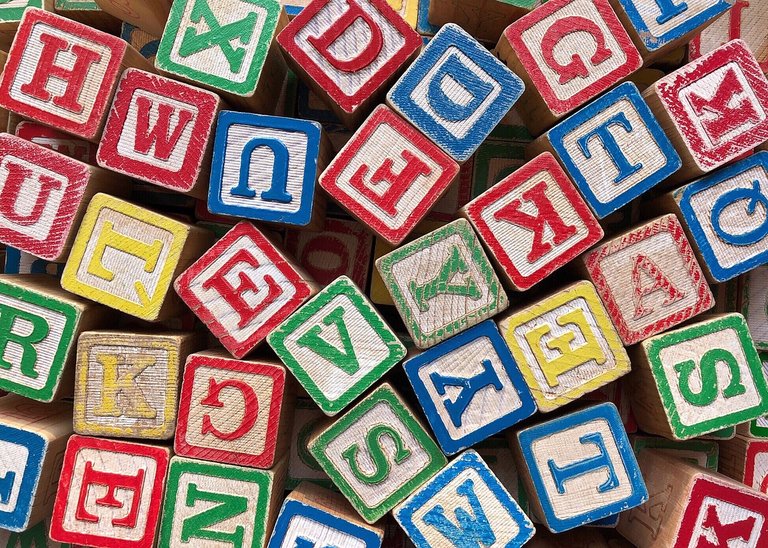
If you look up the word “dervish” in the dictionary, you will find a definition similar to this: “a member of a Muslim religious order noted for devotional exercises.” Now if you know what “a member of a Muslim religious order noted for devotional exercises” means, then you already knew what dervish meant in the first place, you just didn't know that's what it was called. The dictionary doesn't make you learn what dervish is, it simply gives you a definition that serves as a synonym for the word dervish, but if you know what the synonym means, that means you know what the word “dervish” means, you just didn't know you were supposed to call that “dervish”. If you did not know the meaning of the definition beforehand, then you could not learn the meaning of the word “dervish”. What we learn by looking up the definition is not what a dervish is, all we do is make an association between that name and the definition.
This is a paradox because the dictionary is only trying to teach you based on the words you already know beforehand. It is teaching you based on the knowledge you already have. Are you really learning something new? Probably what you are learning is just words. The word “dervish” in this case. We probably don't really know what a dervish is until we meet one. Because this is I think one of the biggest misunderstandings that dictionaries cause people, that words mean definitions, that is, that words mean other words. But that's not true, is it?
If you have studied languages you have probably heard this statement many times: “Words don't mean words, they mean ideas. Don't translate, learn the meaning.” I think that's probably very good advice, what I don't agree with is learning those meanings from the dictionary, because then you're just associating words with more words.
Words are not their definition. You can learn the definition and still not know what the word is, do we know what a dervish really is? We can also know the meaning of a word without knowing its definition, for example, we know what “hair” is, although we may have trouble defining it at the moment. If I were to ask you to tell me the definition without looking it up in the dictionary, your definition would probably be different from what is written there and sometimes we can have trouble with the accuracy of our definition. That doesn't mean you don't know what “hair” is, in fact, we may have trouble accurately defining most words we use on a daily basis. But as long as we know the thing, the definition is simply how we express it.
I think of definitions as paintings, we can both paint the same thing, however, the paintings will not be the same. Paintings, like definitions, are an imitation of reality, some will be more accurate than others, but none will be the thing it represents.
Now, there are people currently disagreeing on what the exact definition of “human” is, however, does that translate into us not knowing what a human really is? And yet another dilemma, if we didn't know what a human is, how do we know it doesn't match one of the definitions we already have? It's a bit like Meno's paradox, if we don't know the truth, how will we recognize the truth when we find it?
But in any case, it is not the words that build us, we build the words. Words do not define us, we define them. We can create new words, this is called a “neologism” (the guy who created this word must have been very clever). I think we can take a hint from different cultures by looking at the words they created to name ideas or concepts that no one else discovered. For example, the ancient Greeks invented words like “philosophy”, “democracy”, and many more. Or the ancient Indians words like “karma”, “nirvana”, and so on. We can take a look at where they put their focus because if you have words to describe things that no one else has discovered, it means that you are talking about things that no one else is talking about.
It's not just new words, it's also ideas that we didn't know before, because, again, words don't mean words, they mean ideas (in the broad sense of the word).
I did an article focusing a bit more on the difference between knowledge and definition - seen from a Platonic perspective - here (and it comes with a free short cautionary tale written by me!).
The phenomenon I describe at the beginning of the post I call the dictionary paradox, and it can be summarized by saying that, if you look up a word in the dictionary, you do not learn its meaning, because you must know the meaning in advance for it to make sense, what you learn is the word. Or to put it another way, you should know the meaning of a word before you look it up in the dictionary.
Image Source: 1